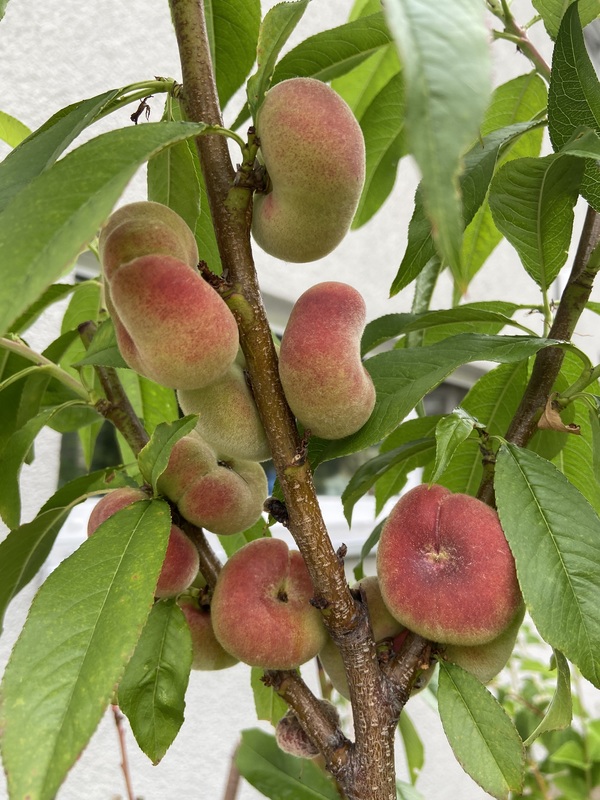Description
Velvet sage, also known as Mexican bush sage, is a herbaceous perennial belonging to the Lamiaceae (mint) family. Native to Mexico and Central America, this relative newcomer to gardens has become a delightful feature in late summer landscapes. Hardy from the lower Piedmont to the coastal plain, extreme winters may pose a threat to its survival. The genus name Salvia is derived from the Latin term “salveo,” meaning ‘be well,’ highlighting the plant’s medicinal properties. The specific epithet leucantha, from Latin, translates to ‘white-flowered.’
Thriving in rich, moist, well-drained soil, velvet sage is known to be drought tolerant. While it prefers full sun, it can withstand afternoon shade in regions with intense summer heat. Typically reaching a height and width of 2 to 3 feet, it can be propagated through division, seed, or stem cutting. Velvet sage is known for its resistance to deer and rabbits.
The flower stalks bear velvety, purplish, persistent flower bases or calyces, with short-lived, white corollas that emerge in late summer. The bicolor flowers are not only showy but also attract butterflies and hummingbirds.
Ideal for borders or mass plantings, velvet sage adds charm to butterfly, cottage, or pollinator gardens.
